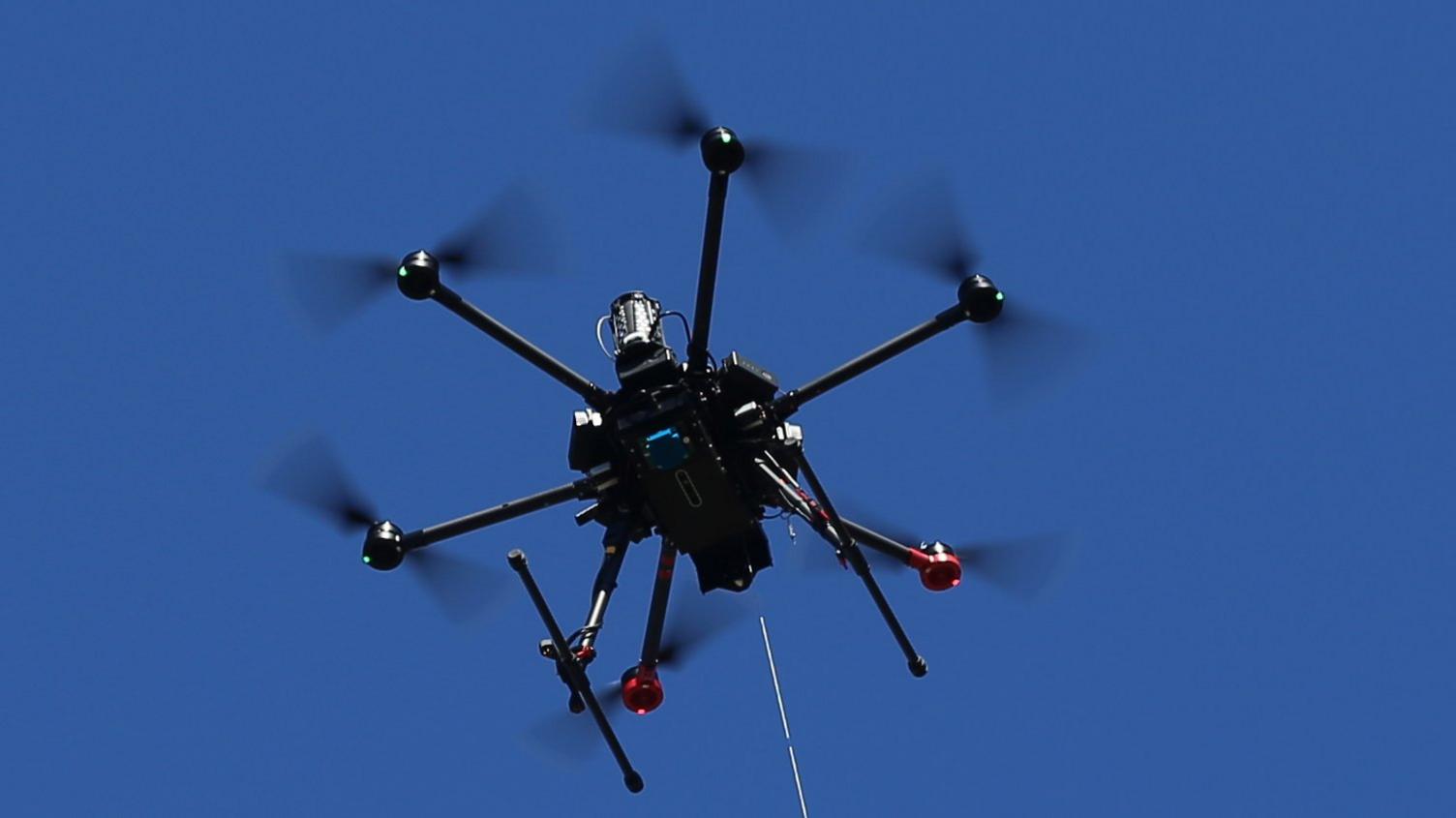Drone trial takes off to deliver radioactive drug
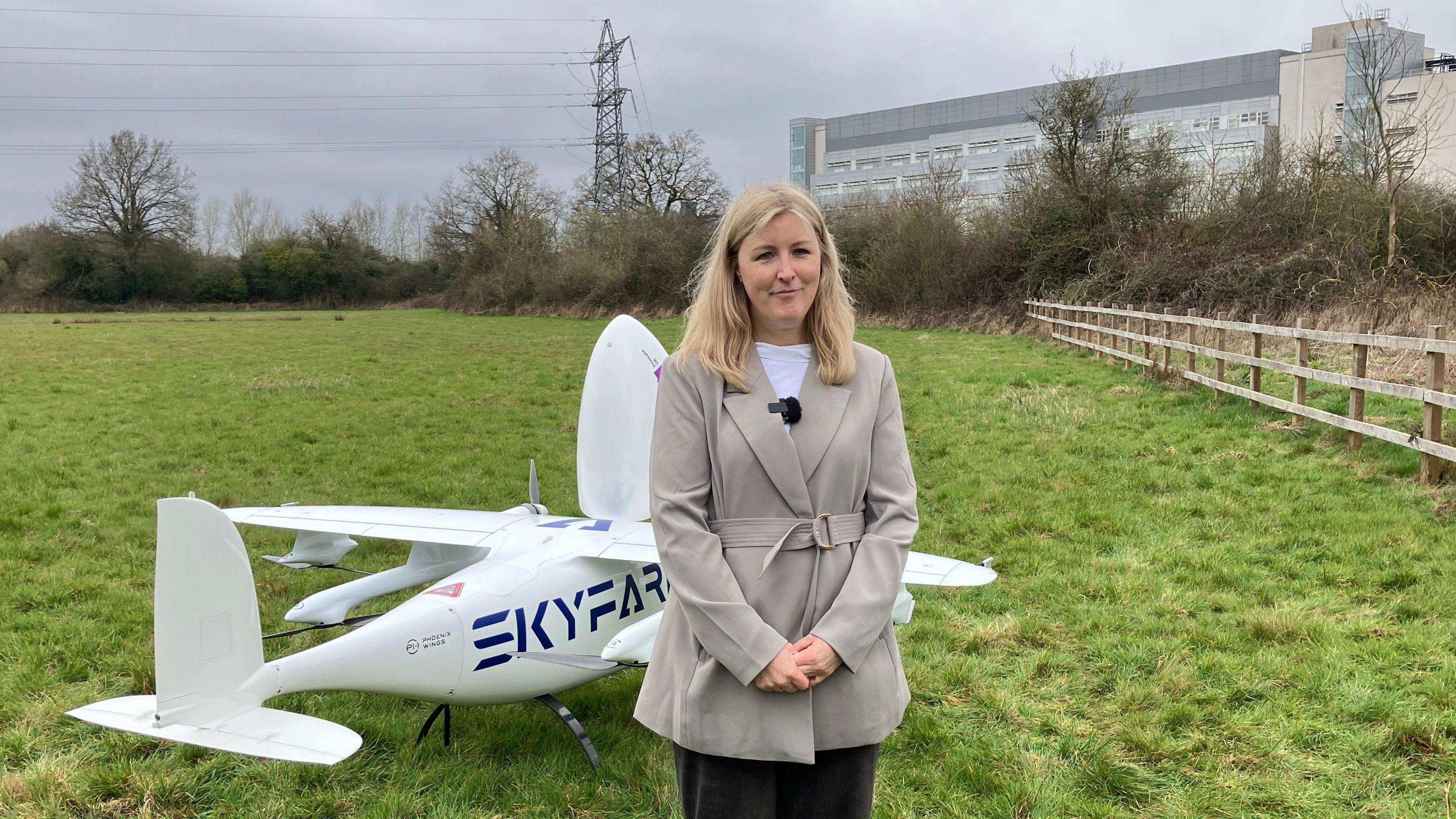
Dr Lisa Rowley says the Orca will allow hospitals to send and receive treatments with a short lifespan
- Published
Trials have been taking place to see if radioactive medicine can be delivered to hospitals by drone.
Coventry-based drone company Skyfarer has teamed up with University Hospitals Coventry and Warwickshire (UHCW) NHS Trust and Viking Drone Packaging to build the unmanned aerial vehicle.
Named Orca, the drone would allow hospitals to send and receive treatments with a short lifespan, much more quickly than by road, said Skyfarer.
The test drone could carry packages up to 15kg (33lbs) in weight.
Coventry drone to deliver medicine to hospitals
Trials are currently being carried out in the city, and regulatory approval would be required before drone flights are cleared for takeoff.
It is hoped the project would be up and running within the next few years.
Elliot Parnham, chief executive officer at Skyfarer, said: "The Orca is poised to truly transform medical logistics, ensuring secure delivery of critical medicines which are encased in lead to hospitals and healthcare facilities across the region.
"The Orca drone represents a significant milestone in our mission to revolutionise the delivery of critical medical supplies, and this initiative not only showcases the potential of drone technology in healthcare but also underscores our commitment to improving patient outcomes through innovation."
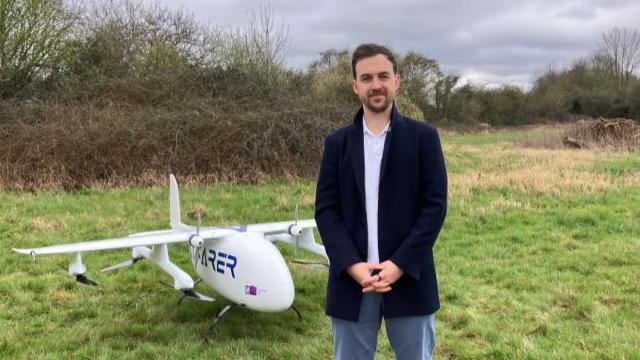
Elliot Parnham says the Orca "is poised to truly transform medical logistics"
Dr Lisa Rowley, head of nuclear medicine and vascular ultrasound at UHCW NHS Trust, said the potential to transport radioactive tracers between hospitals by drone was "very exciting".
"We need to give patients a certain amount of a tracer [a small dose of a radioactive chemical] to enable us to get good, clear images from scans so that we can accurately diagnose their conditions," she said.
"But these materials have a short half-life and start to decay rapidly, so it's important we get them to patients as quickly as possible.
"If we can do that faster by drone rather than losing time taking the materials by road, then it will have the potential to make care increasingly accessible, especially for patients at more remote hospitals.
"It means they wouldn't have to travel to other hospitals for treatment and would save time and travel costs. It also offers environmental benefits due to a reduced carbon footprint."
Get in touch
Tell us which stories we should cover in Warwickshire
Follow BBC Coventry & Warwickshire on BBC Sounds, Facebook, external, X, external and Instagram, external.
- Published17 September 2024
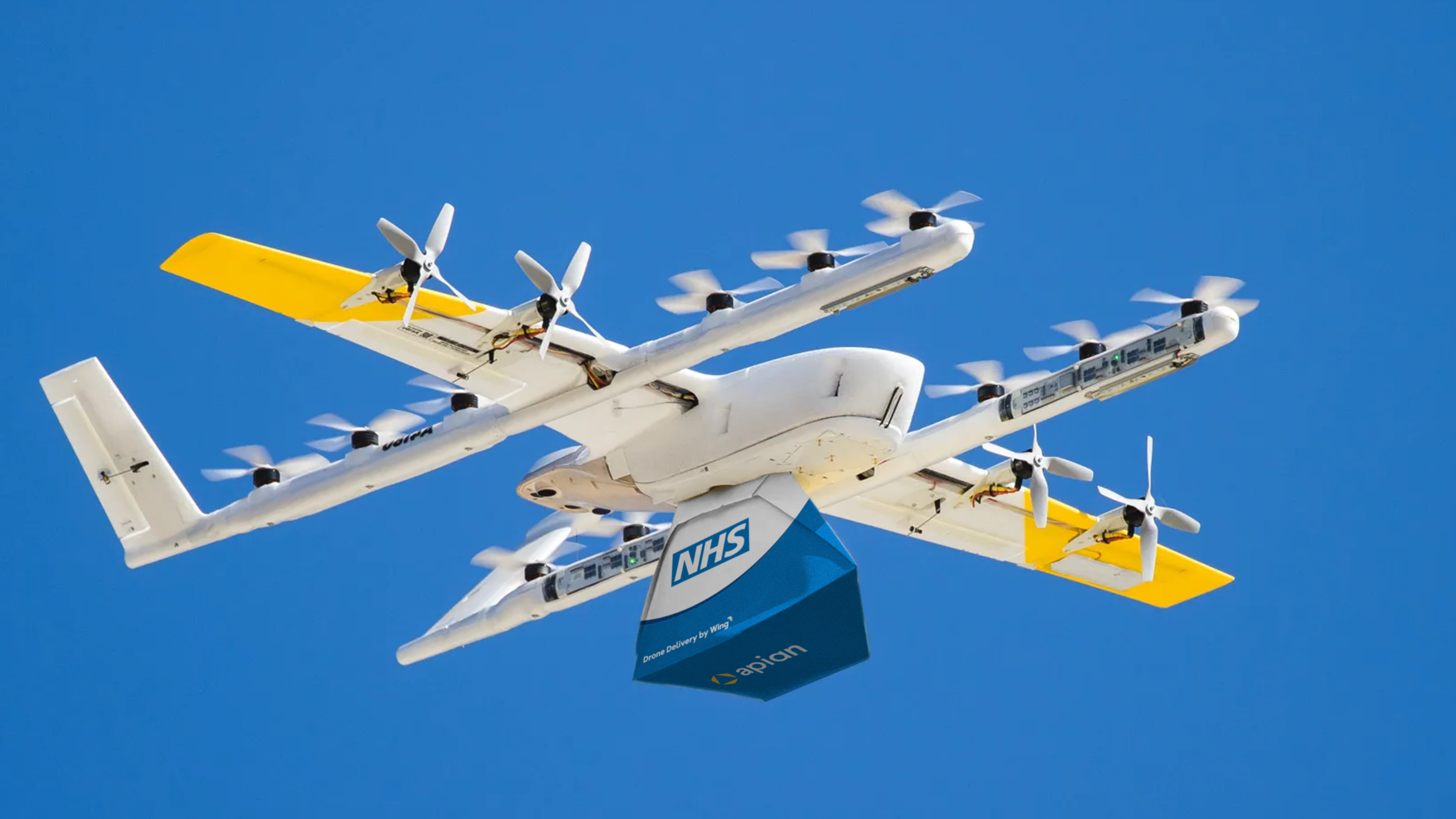
- Published19 April 2024
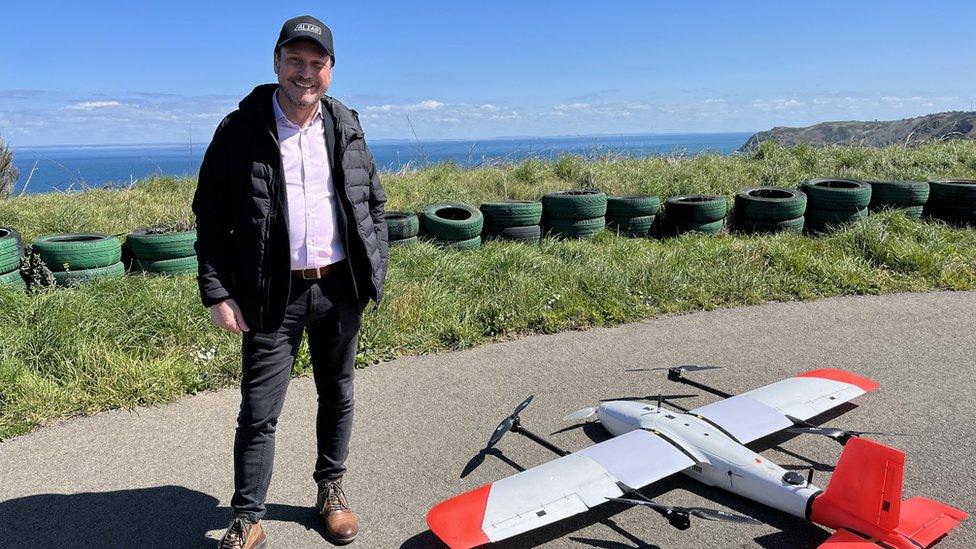
- Published20 February 2024
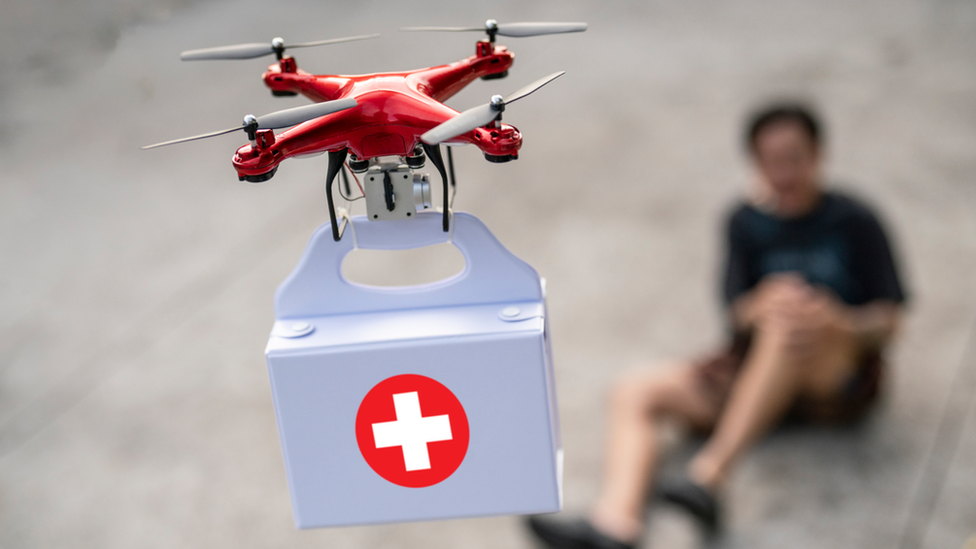
- Published6 January 2022
